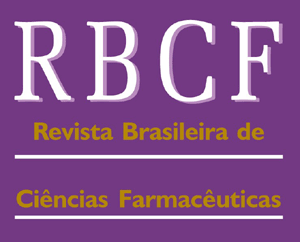The moderate consumption of wine reduces the risks of heart diseases significantly. This effect is attributed to the polyphenols found in the wine, in special to resveratrol (3,5,4'-trihidroxistilbene) that it is a phytoalexin found in the various parts of the vine, including in the skin of the grape, as well as in other species of plants. Grapes of cultivar Cabernet Sauvignon had been submitted to the irradiation with ultra-violet light and carbonic maceration and after fermented. It was proceeded all collection from samples during the experiment, which later had been analyzed how much to the concentration of trans-resveratrol using the Liquid Chromatography of High Efficiency. The of the content of trans-resveratrol was ascendent during the vinification phases. Differences had occurred in the end of the fermentation where the samples of wines with carbonic maceration had presentes low decline, possibly for the CO2 atmosphere in which they were stored, in this way, inhibiting the formation of resveratrol. At the end of the main fermentation, the concentration of trans-resveratrol was 15 mg.L-1 in all treatments, arriving of 1.5 mg.L-1, in average, at the end of storage period.
Resveratrol; Irradiation U; Carbonic maceration; Cabernet Sauvignon








